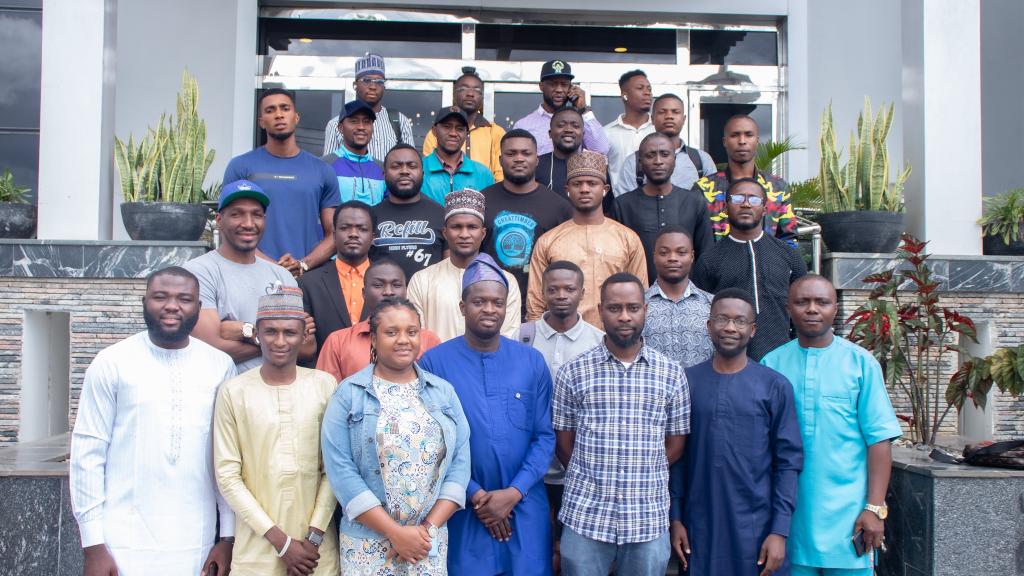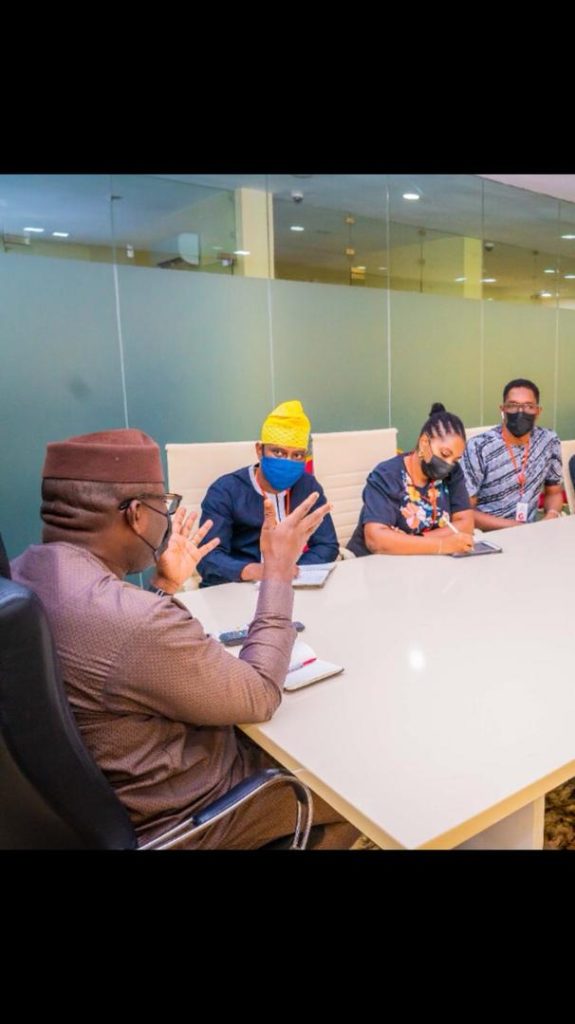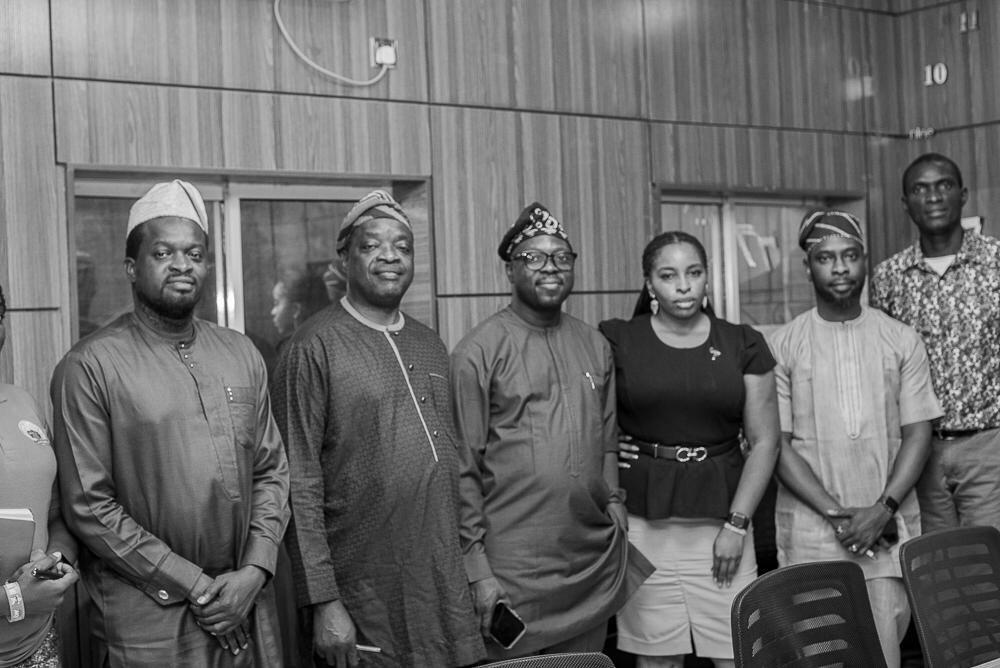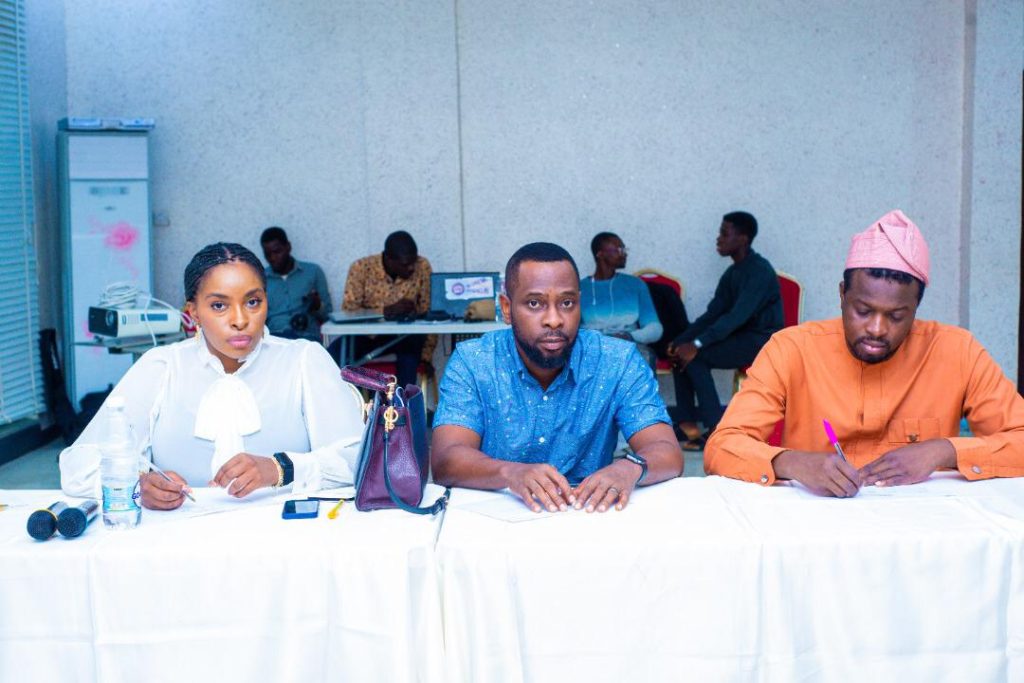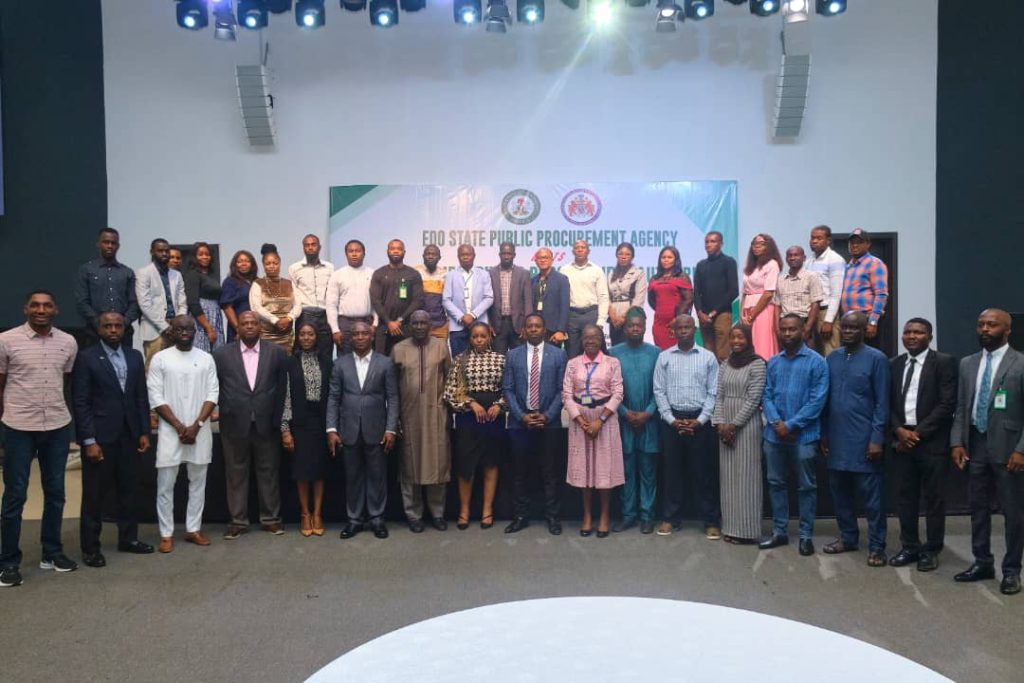By Jerome-Mario Utomi
IN Nigeria as well as the global stage, many comments, remarks (or is it observations) have been made in the past about democracy. To some, it is simply a government by the people and rule of the majority. To others, it is a government in which the supreme power is vested in the people and exercised by them directly or indirectly through a system of representation usually involving periodically held free elections.
To the rest, it is a political unit that has a democratic government and absence of hereditary or arbitrary class distinctions or privileges. Closely related to the above conversation is the accompanying belief that for democracy to thrive, good governance must not only be considered an essential ingredient but be situated in all its process of making and enforcing decisions and interactions between government and the governed through the laws, social norms, power or language as structured in communication of an organized society over a social system.
To further underscore the imperatives of the above principle, the United Nations document on Economic and Social Commission for Asia and the Pacific, categorically underlined eight major characteristics of good governance, to include participatory, consensus oriented, accountable, transparent, responsive, effective and efficient, equitable and inclusive and follows the rule of law.
These characteristics, the report added, are targeted at ensuring that corruption is minimised, the views of minorities are taken into account and that the voices of the most vulnerable in society are heard in decision-making. It is also responsive to the present and future needs of society. Sadly, when these characteristics are juxtaposed with democratic experience in Nigeria, it reveals something new and different.
First, it seamlessly throws more light to the fact that Nigeria’s protracted inabilities to achieve good governance as a nation or achieve leadership imbedded with accountable, transparent, responsive, effective and efficient, equitable and inclusive and follows the rule of law has nothing to do with democracy as a governmental type but largely a function of elected officials’ vision and agendas that are persistently reputed for being at odds with the general inspiration, expectation and motivation of the population.
As noted by a commentator, Nigerians tend to think that they have not been lucky with good leaders. That is, people who pilot the affairs of the nation at the three levels of government, lack good leadership qualities, therefore, they fall short in delivering the fruits of good leadership. The general feeling is that this set of people in government is clueless.
On the contrary, no administration in Nigeria’s history, including the present one, is clueless. Clueless suggests lack of any vision or agenda. This is clearly not the case with those who have led and are leading Nigeria. Every administration at the federal and state levels have always come into office with specific vision and agendas. This is correct for both the military and civilian governments.
The civilians always had their set agendas before assuming power, even if they present a different one to the electorate during their campaigns for election. Because Nigerian governments have their own visions and agendas, they are not clueless. But their vision and agendas are at odds with the general inspirations and motivations of the population. The inspiration and motivations of the leadership and people of Nigeria have never been in alignment, instead, they are always at odds. Sometimes the odds are so great they result in chaos, which tethers dangerously on the brink of armed conflict. This is the leadership crisis that has bedeviled Nigeria and is plaguing her now. There is disharmony in what the government desires and is doing, and what the people desire and wish to see accomplished.
In a democracy, it is almost inevitable to avoid a governance crisis when a leadership crisis exists. Only in an absolute dictatorship can a governance crisis be prevented amidst glaring leadership crises – disharmony in the inspirations and motivations of the government and the people. Nigeria has never had an absolute dictatorship. So, leadership and governance crises have bedeviled her, even before her independence: the agitations for independence stem from the leadership crisis; the pro-independence activities were manifestations of governance crises spurred by leadership crises.
The aspirations of the colonialists were certainly at odds with the desires and expectations of the general African-Nigerian populace. Even absolute dictatorship can prevent governance crises. Yet, it cannot prevent or eliminate leadership crises because the latter emanates from the will of people, which is their mindset and natural tendency. A viable alternative is a leadership style that allows the natural tendency of any people to flourish, by availing them with means to express their legitimate inspirations and manifest their reasonable motivations.
The current democracy has devolved to a pathetic state: prospective elected public servants seek office merely for the sake of politics. They are motivated by power and politics only. They campaign on lofty ideals to get the vote of their constituents, but when they are elected, they renege on their promises to their constituents. Instead, they toe the tired routine paths of their party in particular, and politics in general.
Closely related to the above failure and of course fully explains why democracy as governmental practice in Nigeria has neither promoted social mobility nor favoured social justice or minimize corruption in the country is lack of political will on the part of public office holders to properly understand power as nothing but the ability to achieve a purpose and strength required to bring about social, economic, political, cultural and religious changes.
With fairness to past and present leaderships in Nigeria, this piece must admit that corruption is not Nigeria-specific. It is as old as human civilisation. Adding context to the discourse, the word corruption going by reports comes from the Latin word corruptus, which “means to break or to destroy.” Corruption according to Al-Gore, a former Vice President of the United States, destroys and breaks that trust which is absolutely essential for the delicate alchemy at the heart of representative democracy. In its contemporary form, corruption almost always involves an incestuous coupling of power and money and describes the exchange of money for the misuse of public power.
“It matters not whether the exchange is initiated by the person with the money or the person with the power; it is the exchange itself that is the essence of the corruption. It matters not if the private enrichment is with cash or with its equivalent in influence, prestige, status, or power; the harm is done by the fraudulent substitution of wealth for reason in the determination of how the power is used. It matters not if the purchase of power is seen as beneficial by some or even by many; it is the dishonesty of the transaction that carries the poison”.
In the same vein, efforts to have it eradicated in Nigeria also dates back to colonial governments as the colonial overlords sufficiently legislated against it in the first criminal code ordinance of 1916 (No15 of 1916) which elaborately made provisions prohibiting official bribery and corruption by persons in the public service and in the judiciary. Also at independence on October 1, 1960, the criminal code against corruption and abuse of office in Nigeria were in section 98 to 116 and 404 of the code.
Jerome-Mario, the Programme Coordinator (Media and Public Policy), Social and Economic Justice Advocacy, SEJA, wrote via Jeromeutomi@yahoo.com
The post Democracy, good governance and corruption in Nigeria appeared first on Vanguard News.
Last modified: September 28, 2023





